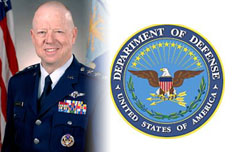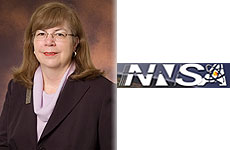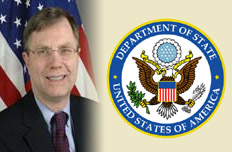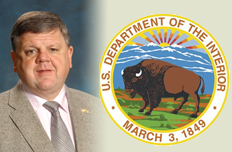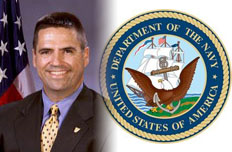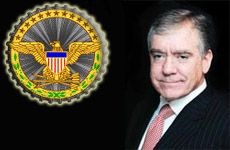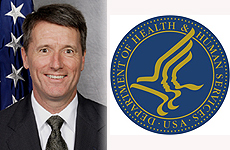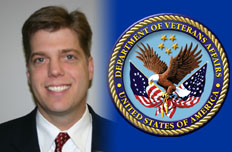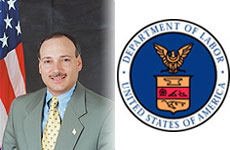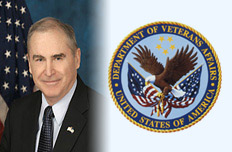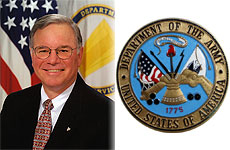Management
-
Lt. General James Roudebush Surgeon General, U.S. Air Force July 28th and 30th, 2008
July 28, 2008 -
Dr. Paul Tibbits Deputy Chief Information Officer for Enterprise Development July 24th, 2008
July 23, 2008 -
David Bibb Acting Administrator July 14th and 16th, 2008
July 14, 2008 -
Dr. Linda Wilbanks Chief Information Officer July 17th, 2008
July 14, 2008 -
Lt. Gen. Charles Croom Director, Defense Information Systems Agency Commander, Joint Task Force - Global Network Operations
July 07, 2008 -
Ambassador Patrick F. Kennedy Undersecretary of State for Management July 7th and 9th, 2008
July 07, 2008 -
Robert Carey Chief Information Officer June 30th, and July 2nd, 2008
June 30, 2008 -
Dennis Clem Chief Information Officer June 26th, 2008
June 24, 2008 -
Mitchell Glassman Director, Division of Resolutions & Receiverships June 23rd and 25th, 2008
June 23, 2008 -
Michael Carleton Chief Information Officer June 19th, 2008
June 16, 2008 -
Michael Frueh Assistant Director, Loan Guaranty Service June 16th and 18th, 2008
June 16, 2008 -
Robert Howard Assistant Secretary for Information and Technology & Chief Information Officer June 9th and 11th, 2008
June 09, 2008

